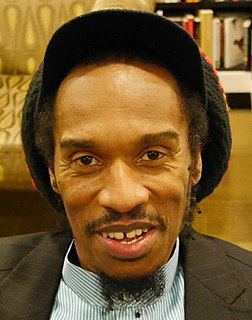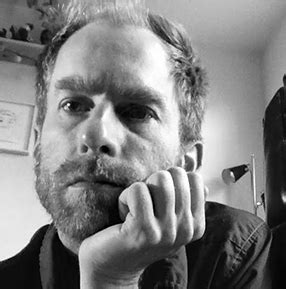A Quote by Jeremy Stoppelman
There's been resistance to every new technology that's ever been introduced. When books came out hundreds of years ago, there were complaints that it would destroy the oral tradition. Some of those fears were justified, but it didn't stop the rise of the written word. And books have proven to be incredibly useful.
Related Quotes
It had been startling and disappointing to me to find out that story books had been written by people, that books were not natural wonders, coming up of themselves like grass. Yet regardless of where they come from, I cannot remember a time when I was not in love with them - with the books themselves, cover and binding and the paper they were printed on, with their smell and their weight and with their possession in my arms, captured and carried off to myself. Still illiterate, I was ready for them, committed to all the reading I could give them.
For eighteen centuries every engine of destruction that human science, philosophy, wit, reasoning or brutality could bring to bear against a book has been brought to bear against that book to stamp it out of the world, but it has a mightier hold on the world today than ever before. If that were man's book it would have been annihilated and forgotten hundreds of years ago.
I write about the period 1933-42, and I read books written during those years: books by foreign correspondents of the time, histories of the time written contemporaneously or just afterwards, autobiographies and biographies of people who were there, present-day histories of the period, and novels written during those times.
Only idiots or snobs ever really thought less of 'genre books' of course. There are stupid books and there are smart books. There are well-written books and badly written books. There are fun books and boring books. All of these distinctions are vastly more important than the distinction between the literary and the non-literary.
When I was first diagnosed, I went out, as a book person, and got some books on cancer and looked up my version of the disease. It said that I had about a 5 percent chance of survival. I said, 'Gosh, well, it's been a good run.' What I didn't realize is that in the two years since those books were published, things had shifted dramatically.
I grew up in a small town with a very small library. But the books in the library opened a large place in my heart. It is the place where stories live. And those stories have been informing my days, comforting my nights, and extending possibilities ever since. If that library had not been there, if the books - such as they were - had not been free, my world would be poor, even today.
One of my great experiences in life was to be interviewed on a late-night talk show by a guy named Tom Snyder. He was interviewing me on a book I had written on the New Testament of the Bible called Rescuing the Bible from Fundamentalism, and we talked about the dating of the books of the New Testament, and I said, "Well, the consensus is that the gospels were written some forty to seventy years after the crucifixion." And he stopped me and said, "Wait a minute, Bishop, that means they couldn't have been written by eyewitnesses."


































